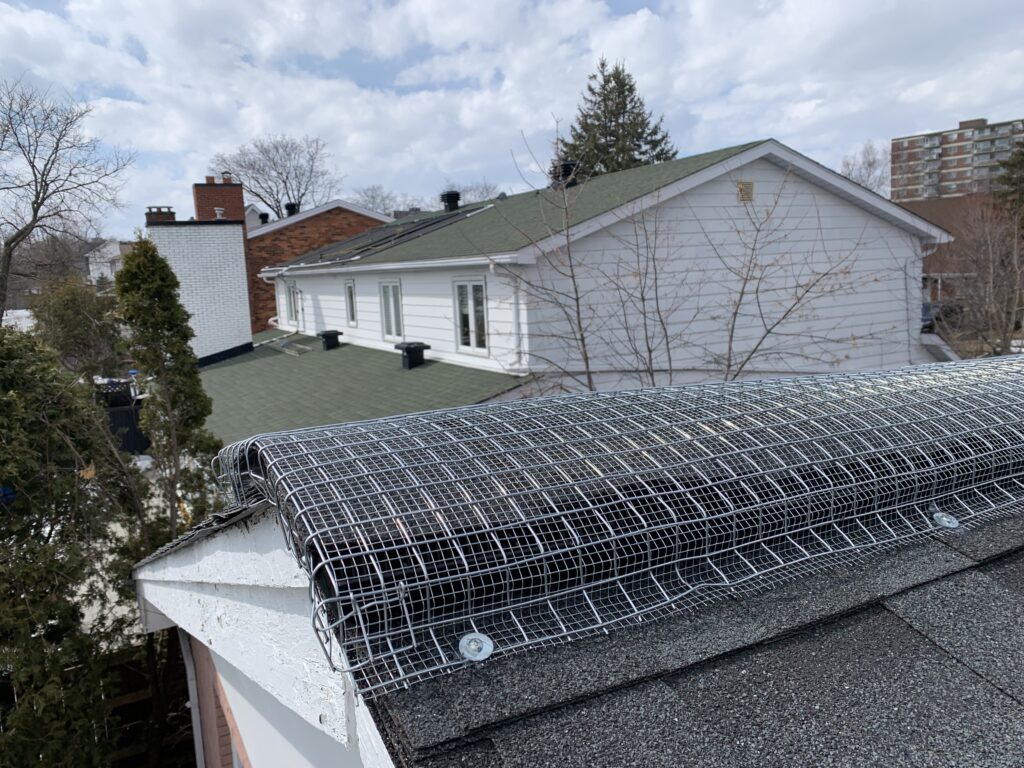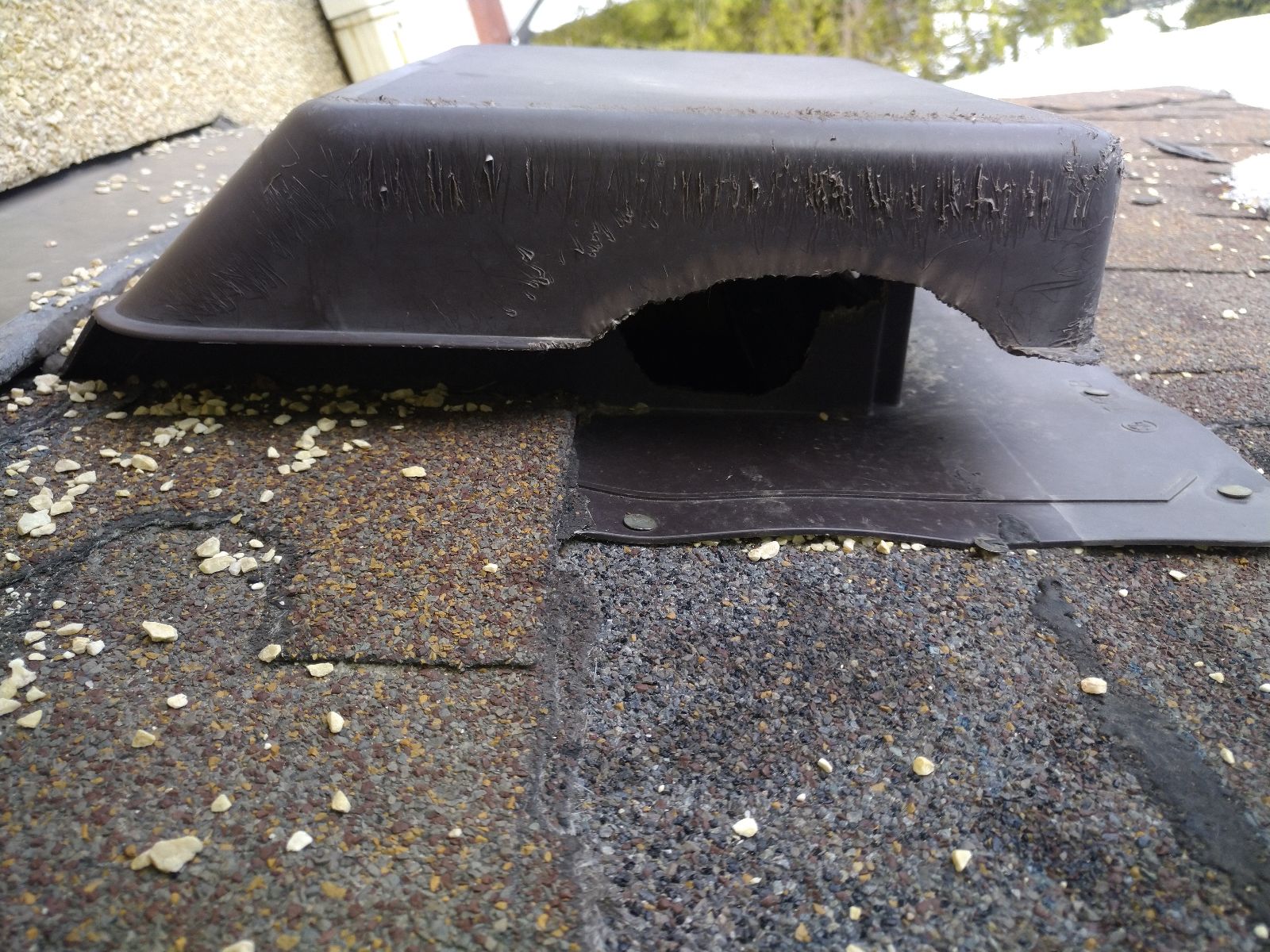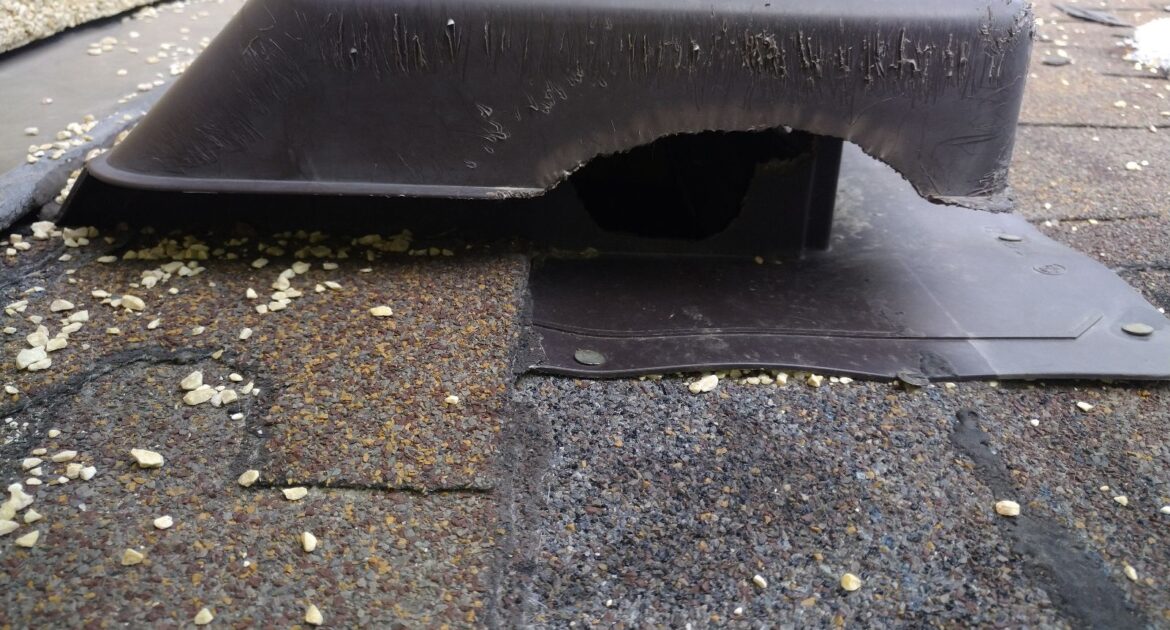Squirrels may seem like cute and harmless friends found in your backyard, but once they make their way into your home, these furry creatures can be quite destructive. Squirrel damage to your house can be extensive and costly to repair. From gnawed electrical wires, to ripped insulation, and damaged ventilation systems, they can cause havoc to your home’s infrastructure. If left unchecked, they can even create hazardous environments, putting you and your family at risk.
Fortunately, Skedaddle Humane Wildlife Control provides top-notch squirrel removal services in Severna Park, Maryland and the surrounding areas. In this blog article, our experts delve into the various ways squirrels can damage your home and the steps you can take to repair squirrel damage and prevent future invasions. Don’t let them take over your home – keep reading for tips and tricks on how to protect your property.
Insider’s Look: Squirrel Habits that Lead to Home Damage
Squirrels have a natural instinct for gnawing, and it’s not limited to tree branches and nuts in the wilderness. Once inside your home, they often turn their attention to softer items such as insulation, the wooden structure of your home, and unfortunately, your electrical wires. Their constant gnawing can lead to numerous costly and dangerous outcomes.
The Dangers of Damaged Electrical Wires
When squirrels chew on your home’s electrical wires, they expose the live electricity carrying metal. Not only can this cause unexpected power shorts and issues with your electrical appliances, it can also increase the risk of a devastating fire. Galvanized by their innate gnawing instinct, these small creatures can unknowingly turn your home into a potential fire hazard.
Ruined Insulation and Increased Energy Bills
Squirrels love to use insulation to build their nests. This nesting behavior can significantly deplete your home’s insulation, leaving parts of your house exposed to the elements. As a result, you’ll end up with higher energy bills as your heating and cooling systems work overtime to regulate the temperature in your home.
Structural Damage to Your House
Often underestimated is the structural damage squirrels can cause. Their gnawing can weaken the supports in your attic, roof, or walls. Over time, these weakened areas can compromise the entire structure of your home.
Health Risks Caused in Your Home
Beyond the physical damage to your house, squirrels can also pose a risk to your health. They can carry pests like fleas and ticks, which can in turn carry Lyme disease. Squirrels can also be carriers of diseases like tularemia and leptospirosis, both of which can be transmitted to humans.
The Consequences of Ignoring Squirrel Damage
Ignoring damage in your home can result in long-term consequences that extend beyond immediate repair costs. While the initial signs of an infestation may seem minor, they can rapidly compound into a larger issue if not addressed.
As previously mentioned, squirrels can destroy insulation, leading to increased energy costs. However, they can also cause lasting damage to your home’s overall structure, significantly lowering your property value. Moreover, the risk of house fires due to their penchant for chewing electrical wires cannot be understated.
From a health perspective, exposing your family to the diseases they may carry is a risk that no homeowner should take. It’s crucial to remember that the presence of these animals in your living spaces will often lead to the presence of their urine and feces, which can expose those inside the house to different pathogens.
Emotional Distress Caused by Intrusion
The intrusion of squirrels can not just cause physical damage but can also result in emotional distress. Restless nights due to noisy ceiling spaces, constant worry over the house’s safety, or children being frightened by the presence of a squirrel family in their attic – the emotional cost of an infestation can be profoundly disruptive.
Proactive Measures: How to Prevent Squirrel Invasions in Your Home
Preventing invasions in your home begins with an understanding of these creatures’ behaviors and entry points. Squirrels typically gain access to homes through small openings, vents, and damaged sections of your roof or siding.
Here are some preventive measures you can employ to avert invasions:
- Inspect and repair house exteriors: Regularly inspect the exteriors of your house for signs of damage. Squirrels can take advantage of even the tiniest crevices or holes to gain access to your home. Address any maintenance issues promptly, paying special attention to your attic and roof. This includes sealing gaps and cracks and installing meshes over vents.
- Modify the surrounding environment: Squirrels often use tree branches or other structures as bridges to reach your house. By ensuring surrounding trees are trimmed and at a minimum distance of 6 feet from your house, you will greatly reduce the potential for an invasion.
- Secure your trash: Squirrels are attracted to food sources. If you secure your trash and compost bins and avoid feeding pets outside, this can deter them from approaching your home.
- Install deterrents: There are various devices available that can discourage squirrels from attempting to gain access to your home. Examples include motion-sensor sprinklers and spike strips. Consult with a professional for the right solution for your situation.
While these measures can be effective, an infestation may sometimes become a reality despite your best efforts.
When to Call Skedaddle for Humane Squirrel Removal Severna Park
Recognizing the signs of a squirrel invasion early on can help you take quick action and prevent further damage. Tell-tale signs include noises in your walls or attic, especially during the morning or evening when squirrels are most active, as well as noticing damage around the exterior of your home, such as chewed vents or broken siding.
If you’ve taken preventative measures and you still suspect an invasion, it’s time to call in the professionals. Skedaddle Humane Wildlife Control specializes in removing wildlife from homes using humane and sustainable methods. Our service is comprehensive, covering everything from initial assessment to clean-up and future prevention advice.
Our Proactive Approach to Wildlife Control
At Skedaddle, we use a proactive, four-step process for efficient wildlife removal and control:
- Thorough Inspection: Our first step involves a thorough assessment of your property to identify entry points, evaluate the extent of the damage, and determine the species present. This provides a comprehensive understanding of the issue and informs our approach.
- Safe and Humane Removal: Once the infestation is established, our focus shifts to the removal of the squirrels without causing injury or stress to the animals. By using one-way doors at entry points, the animals are allowed to exit the premises but are not able to re-enter.
- Cleanup and Decontamination: After the squirrels have been removed, the area is thoroughly cleaned and sanitized to remove any remnants of squirrel infestation. This process also eliminates any pathogens or parasites left behind.
- Future Prevention and Protection: Lastly, we will seal off the squirrel entry points and provide advice on measures you can implement to prevent future squirrel invasions.

Addressing a squirrel infestation promptly and decisively can protect the safety of your home and family, decrease emotional distress, and avoid expensive repair costs.
Our team at Skedaddle is always ready to assist you in the event of a squirrel invasion. We proudly provide top-quality squirrel removal services to the Severna Park, Maryland area and beyond. Our mission is to ensure your home remains a safe, squirrel-free space.
Don’t wait until extensive damage has been done. Act swiftly to mitigate the risk and protect your home from squirrel damage. Call Skedaddle today for comprehensive squirrel removal services – we’re just a call away from restoring tranquility to your property.




